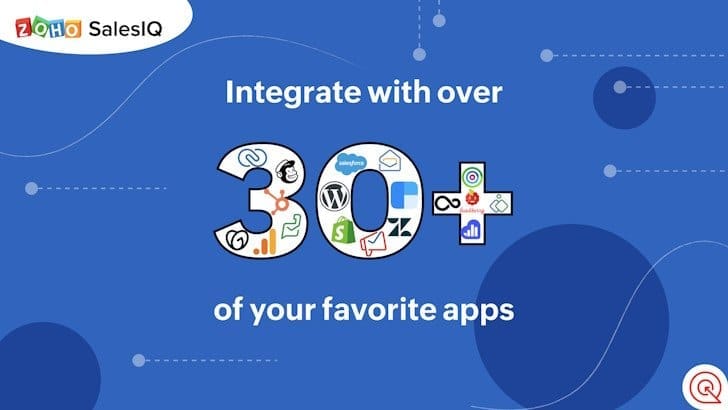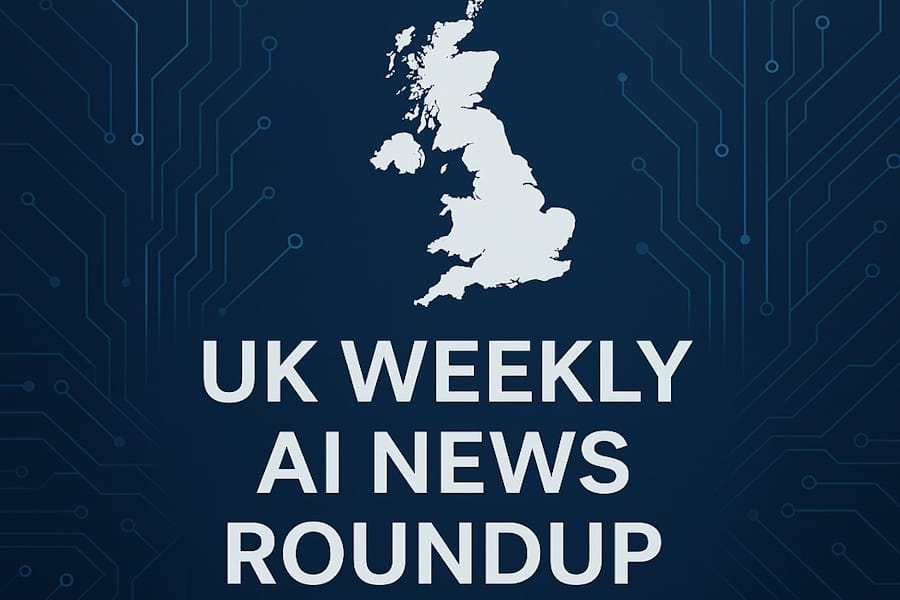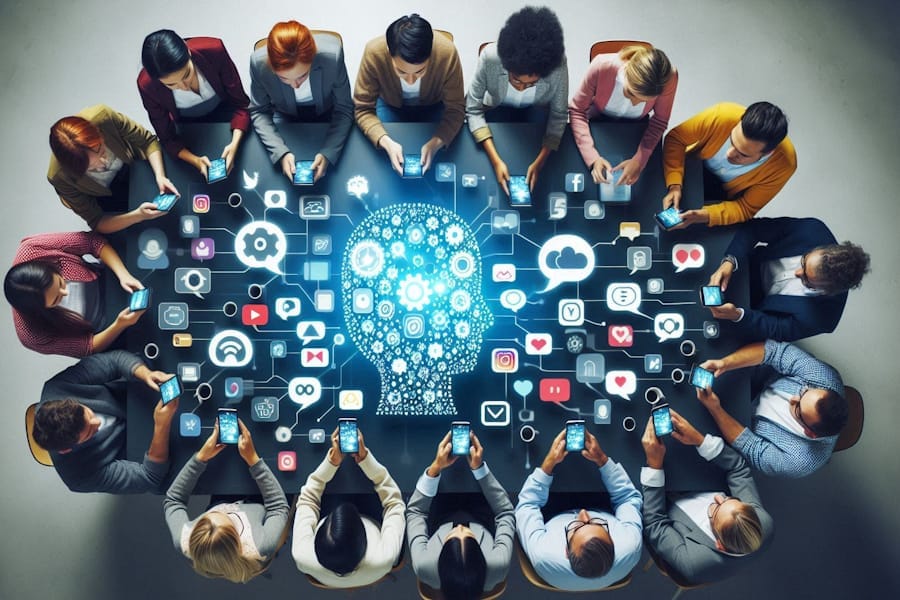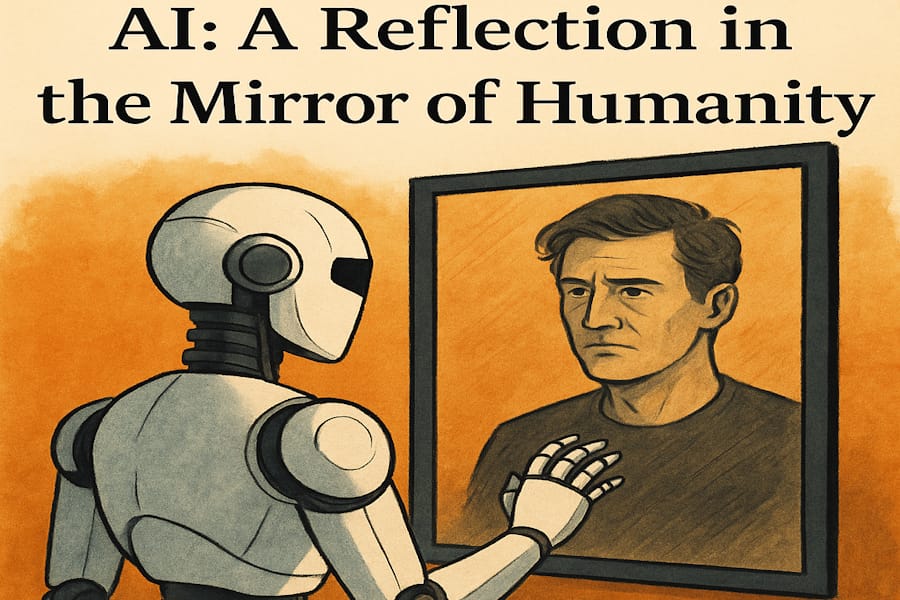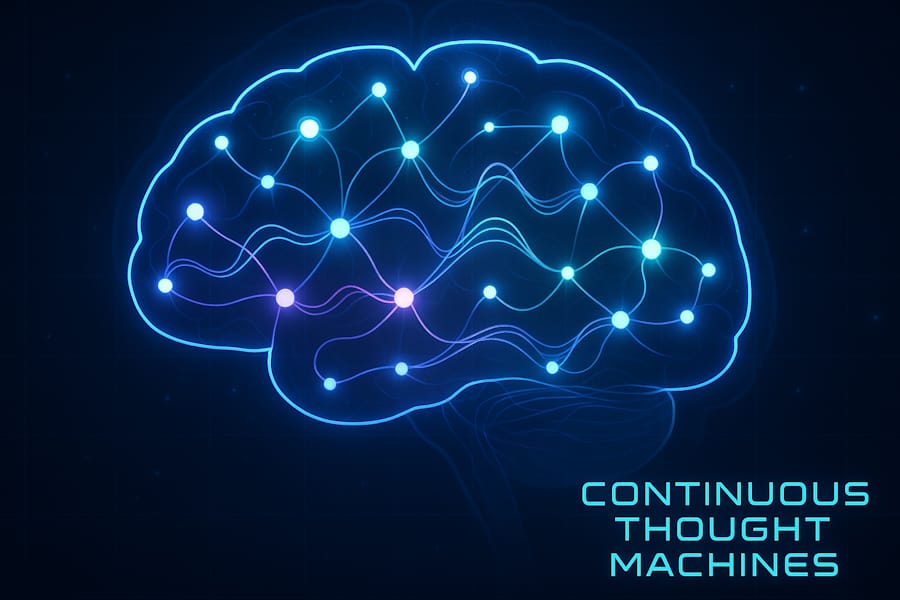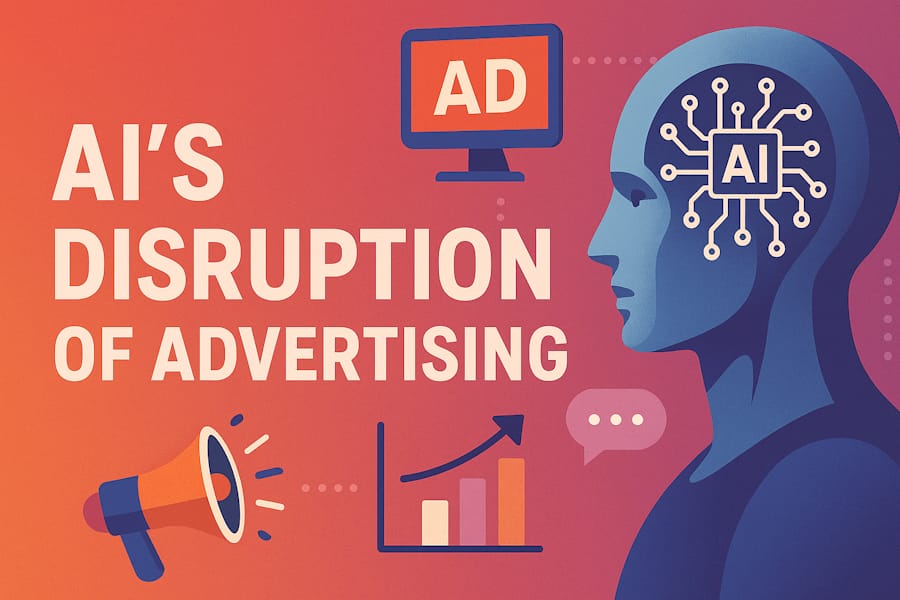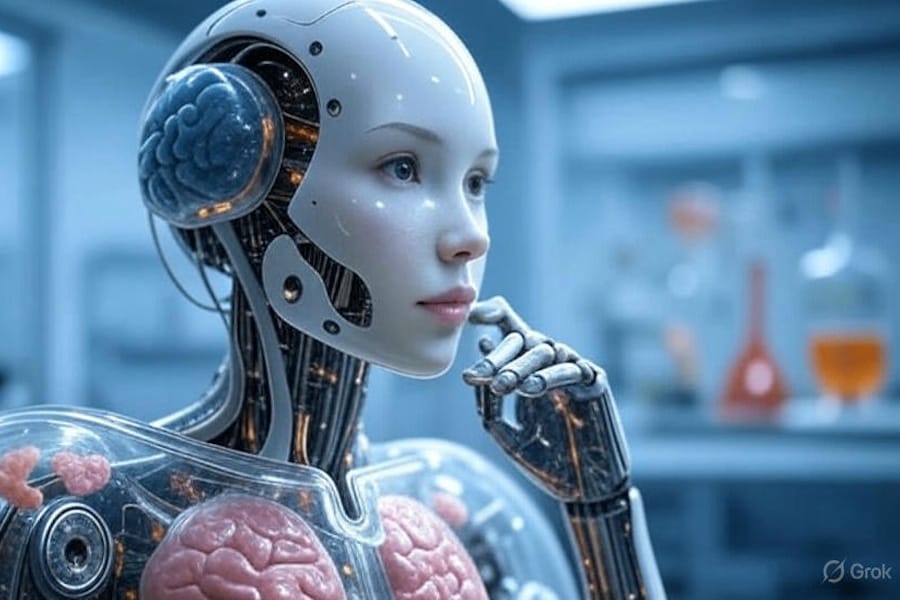The Inevitable Impact of AI on Employment: Job Replacement, Societal Change, and How to Adapt (part 2)
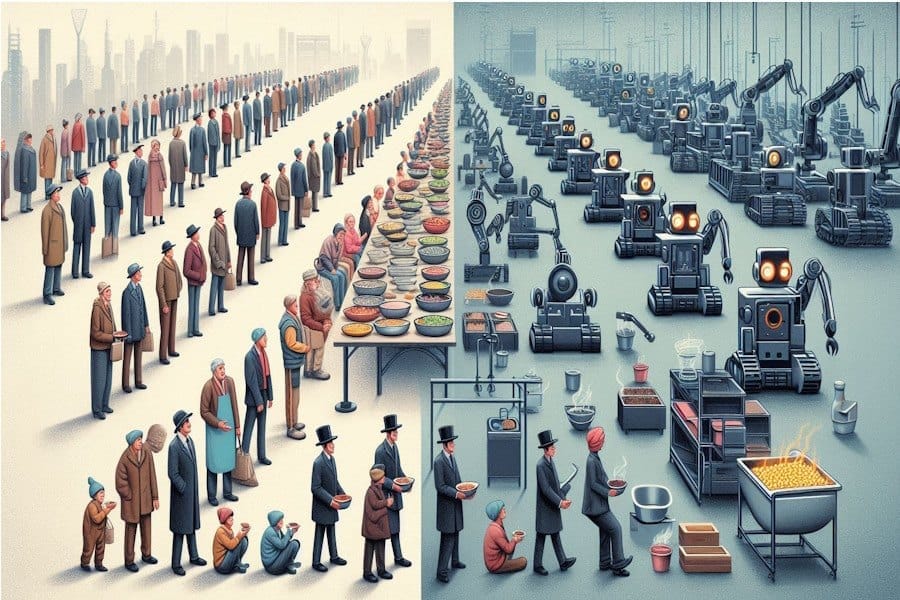
Publish Date: Last Updated: 10th February 2025
Author: nick smith- With the help of CHATGPT
As AI continues to advance, the number of jobs it will replace or reshape is growing. While AI offers enormous potential for increased efficiency and economic growth, it also poses a significant threat to traditional employment across various sectors. In this article, we’ll examine the potential number of jobs that AI could replace in specific industries, the overall societal impact, and what can be done to mitigate these changes.
Projected Job Replacements by Sector
Based on research and forecasts by industry experts, here’s a breakdown of jobs that AI is expected to impact significantly over the next decade:
-
Manufacturing
- Jobs at Risk: 20-25% of manufacturing jobs, including assembly line workers and quality inspectors.
- Estimated Replacement: 15 million jobs worldwide.
- Reason: AI-powered robots and automation systems are increasingly able to perform repetitive manufacturing tasks with greater speed and precision than human workers.
-
Administration
- Jobs at Risk: 60-65% of administrative support roles, such as data entry clerks, receptionists, and secretaries.
- Estimated Replacement: 12 million jobs worldwide.
- Reason: AI and robotic process automation (RPA) can handle repetitive data tasks, customer service queries, and scheduling with high accuracy.
-
Retail and E-commerce
- Jobs at Risk: 30-35% of cashier, stock clerk, and customer service roles.
- Estimated Replacement: 6 million jobs worldwide.
- Reason: Automated checkouts, AI-driven inventory management, and chatbots are already beginning to replace human labor in retail settings.
-
Healthcare
- Jobs at Risk: 10-15% of diagnostic and administrative roles.
- Estimated Replacement: 4 million jobs worldwide.
- Reason: AI in diagnostics, administrative automation, and patient record management is reducing the need for human labor in certain healthcare tasks, although demand for medical professionals remains high.
-
Legal Profession
- Jobs at Risk: 20-30% of legal research and paralegal positions.
- Estimated Replacement: 2 million jobs worldwide.
- Reason: AI tools can conduct legal research and review documents much faster than humans, streamlining processes traditionally handled by entry-level legal professionals.
-
Accounting and Finance
- Jobs at Risk: 40-45% of bookkeepers, tax preparers, and auditing clerks.
- Estimated Replacement: 3 million jobs worldwide.
- Reason: AI-powered accounting software can now categorize transactions, manage financial records, and even conduct audits with high accuracy, reducing the need for many routine finance roles.
-
Transportation and Logistics
- Jobs at Risk: 25-30% of delivery drivers, truck drivers, and warehouse operators.
- Estimated Replacement: 4 million jobs worldwide.
- Reason: Autonomous vehicles and drones, along with AI-optimized route planning and logistics, are transforming the transportation and logistics industry, reducing demand for human drivers and operators.
-
Programming and IT Services
- Jobs at Risk: 10-15% of junior developer, coding, and testing roles.
- Estimated Replacement: 1.5 million jobs worldwide.
- Reason: AI-powered code generation and debugging tools are helping to automate certain aspects of programming, particularly for simpler, repetitive tasks.
-
Scriptwriting and Content Creation
- Jobs at Risk: 15-20% of entry-level writing, editing, and marketing roles.
- Estimated Replacement: 1 million jobs worldwide.
- Reason: AI writing tools are now capable of generating basic copy, social media content, and even simple scripts, reducing the need for human writers in certain areas.
Total Estimated Job Replacements
Summing up these estimates, AI could potentially replace 48-50 million jobs worldwide over the next decade. While these numbers are substantial, it’s important to note that not all positions will be entirely eliminated; rather, they may be transformed, with AI taking over routine tasks and humans focusing on more complex responsibilities.
Societal Impact of AI-Driven Job Displacement
The widespread adoption of AI has several profound implications for society:
-
Income Inequality: As lower-skilled jobs are increasingly automated, there is a risk of widening the gap between high-skilled and low-skilled workers. Those in highly automatable roles may struggle to find new employment, while demand (and wages) for AI-skilled workers and other specialized roles may increase.
-
Skill Gap and Employment Shifts: There will be a significant demand shift toward tech and AI-related skills, creating a gap between those who possess these skills and those who don’t. According to the World Economic Forum, by 2025, more than 50% of workers will need reskilling to remain employable in an AI-driven job market.
-
Psychological Impact: Losing a job to automation can have profound psychological effects on individuals, leading to anxiety, depression, and a sense of insecurity about the future. The fear of “being replaced by a machine” can undermine workers’ mental well-being and self-worth.
-
Economic Disruption: Massive job displacement can disrupt the economy by reducing consumer spending and increasing unemployment. This shift could affect entire communities, particularly in regions dependent on industries heavily impacted by automation.
How to Mitigate AI’s Impact on Employment
While AI’s impact on the job market is inevitable, there are several strategies that governments, businesses, and individuals can adopt to mitigate its effects:
-
Invest in Education and Reskilling Programs
- Governments and businesses should prioritize reskilling programs to help workers transition into new roles created by AI. Skills in AI, data science, robotics, and cybersecurity will be essential in the job market of the future.
- Online platforms and bootcamps, such as Coursera, Udacity, and Code Academy, offer courses in these in-demand areas, making it easier for individuals to develop new skills from home.
-
Emphasize Lifelong Learning
- Individuals should embrace lifelong learning to stay adaptable and competitive. In a fast-evolving job market, regularly updating skills and knowledge is crucial. Companies can support this by providing employees with ongoing training and development opportunities.
-
Adopt a Universal Basic Income (UBI)
- Universal Basic Income (UBI) has been proposed as a potential solution to offset job displacement caused by AI. UBI would provide citizens with a guaranteed income, helping to alleviate economic strain for those who lose jobs to automation and supporting basic living standards.
-
Support Transition to Hybrid Work Models
- Many jobs will shift from entirely human-led roles to hybrid roles where humans work alongside AI. Supporting these hybrid models and training workers to collaborate effectively with AI systems can create a balanced work environment.
-
Promote New Job Creation in AI-Adjacent Fields
- While AI will replace some jobs, it will also create new roles in AI research, maintenance, ethics, and regulation. Governments and companies can invest in AI development while also supporting careers that focus on managing, regulating, and enhancing these technologies responsibly.
The Future of Work: Adaptation Over Fear
While the rise of AI does pose challenges for employment, it also opens doors to new opportunities and career paths. By investing in education, embracing lifelong learning, and fostering adaptability, society can navigate these changes constructively. AI doesn’t have to mean the end of work as we know it—it can instead represent a shift toward more meaningful, creative, and human-centered roles.
The future of work may look vastly different, but with proactive strategies and a commitment to resilience, we can create a world where technology complements human capabilities rather than replacing them.
Trending AI News Articles
AI Questions and Answers section for The Inevitable Impact of AI on Employment: Job Replacement, Societal Change, and How to Adapt
Welcome to a new feature where you can interact with our AI called Jeannie. You can ask her anything relating to this article. If this feature is available, you should see a small genie lamp above this text. Click on the lamp to start a chat or view the following questions that Jeannie has answered relating to The Inevitable Impact of AI on Employment: Job Replacement, Societal Change, and How to Adapt.
Be the first to ask our Jeannie AI a question about this article
Look for the gold latern at the bottom right of your screen and click on it to enable Jeannie AI Chat.


